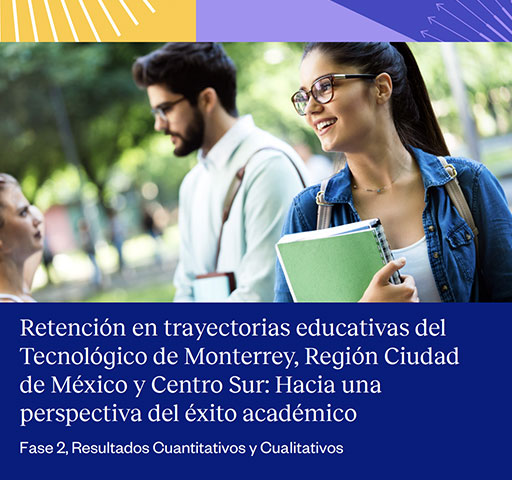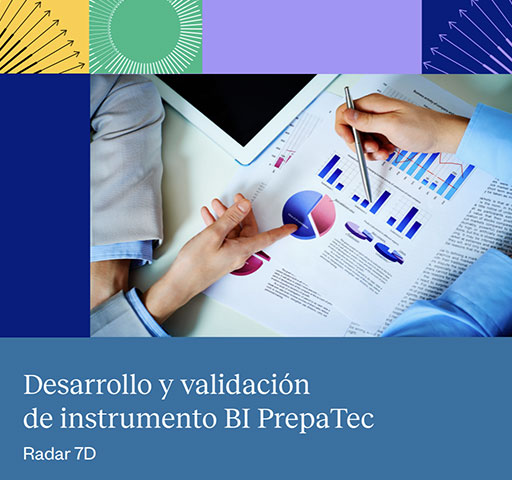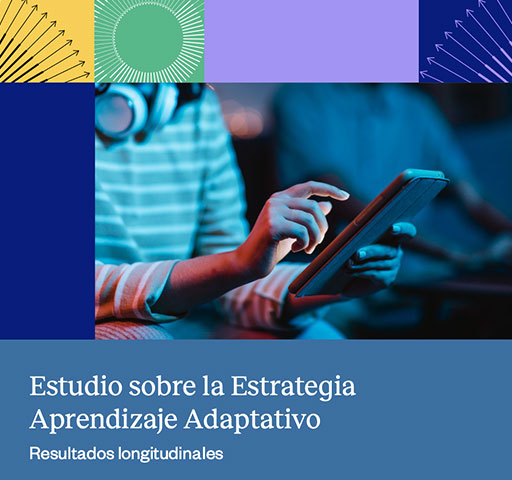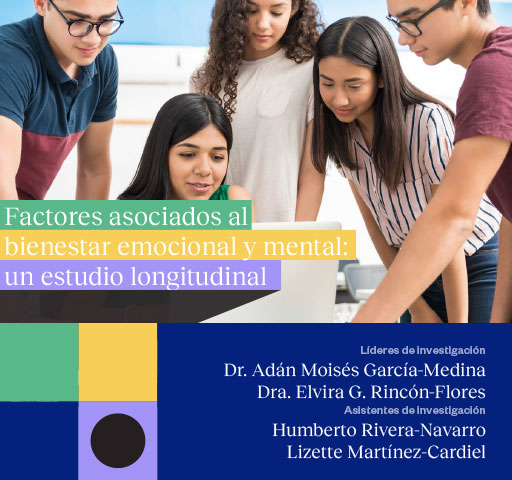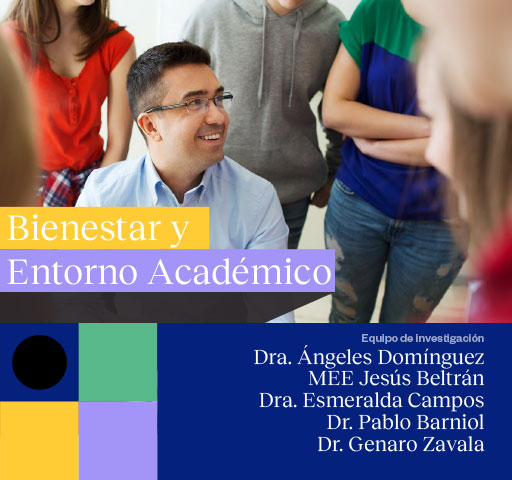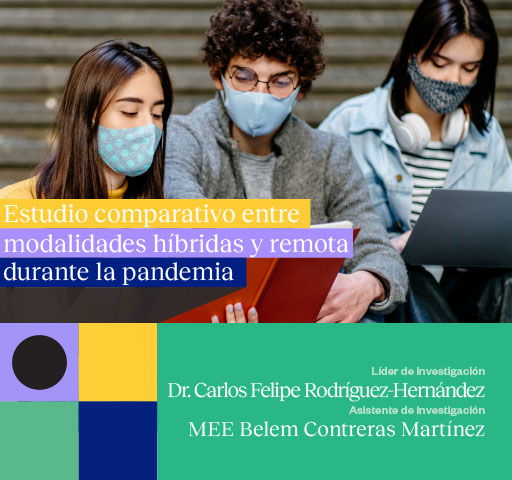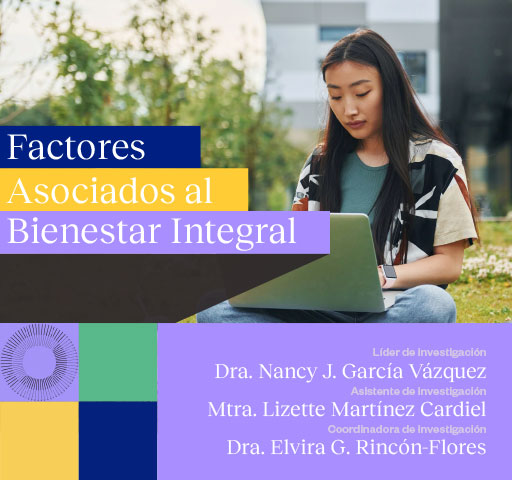Well-Being and Academic Environment
Abstract
This study evaluated the psychological well-being, burnout, stress, depression, and anxiety of faculty members. The results indicate high levels of psychological well-being and low levels of burnout, stress, depression, and anxiety. Differences were identified based on contract type and academic rank.
PDF | Download Report get_app
Modalities
Abstract
This study compared hybrid and remote teaching modalities during the pandemic. The results showed no significant differences in learning gains or levels between the two modalities. Students preferred the hybrid remote (HPRS) and fully remote modalities over the hybrid non-simultaneous (HPDA) option. Faculty noted that in-person classes promote greater participation and a stronger sense of belonging.
PDF | Download Report get_app
Student Mentoring
Abstract
This study evaluated the impact of the Student Mentoring Program on students' overall well-being. The results show that the social, emotional, and physical dimensions were rated the highest, while the spiritual and financial dimensions received the lowest ratings. Mentors emphasized the importance of maintaining an optimal number of mentees to provide better service.
PDF | Download Report get_app
Factors Associated with Well-Being
Abstract
This study evaluated the factors associated with the seven dimensions of overall well-being in students, using the Healthy Minds Study (HMS). Changes in the physical, spiritual, occupational, financial, emotional, social, and intellectual dimensions were analyzed. The results indicate that emotional and social well-being increased during the transition from high school to university, while the physical, spiritual, and occupational dimensions showed declines.
PDF | Download Report get_app





